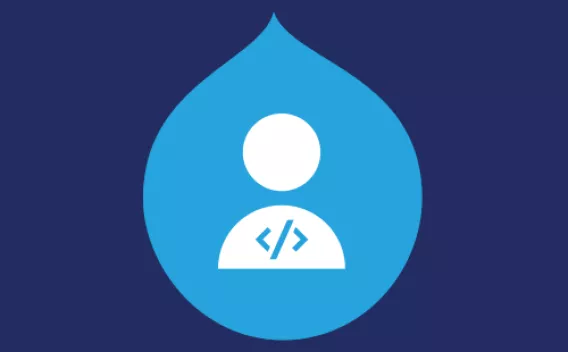If you’re considering a switch to Drupal 8, why not become an early adopter? Becoming an early adopter has some risks — and Acquia will work with you to mitigate those risks — but it also has huge benefits.
In this post, I want to talk to you about those benefits and also share with you my experience with Examiner and its early adoption of Drupal 7.
If you’re not familiar with it, Examiner is a news company powered by thousands of self-contributing writers. Currently, it’s read by 22 million people a month. But back in 2009, the company was having problems with its ColdFusion CMS, and those problems were hampering its growth.
Examiner decided to move away from the legacy homegrown platform to Drupal. So they acquired NowPublic, a citizen-journalism company I founded, for its Drupal expertise and leadership. That’s how I became the CTO of Examiner (I later joined Acquia in 2012).
Moving ahead, the big question we faced at Examiner was: Do we go with Drupal 6, a stable but mature technology? Or do we take a bold leap and implement the yet-to-be-released Drupal 7? Ultimately, we chose to become early adopters, going with Drupal 7.
Here are the reasons that powered that decision:
1) You stay in front of the technology wave
While a good product at the time, there was no denying that Drupal 6 was closer to its end of lifecycle, while Drupal 7 was just taking off. We already understood the costs involved in supporting a legacy product. And we knew any extra investment early on would be offset by things like a longer lifecycle.
As a side note, unlike previous versions of the platform, Drupal 8 releases will come out every six months. So if you plan to become an early adopter of Drupal 8, not only are you taking advantage of the latest and greatest today — but you will continually upgrade to the latest features over the lifecycle of the product.
2) You differentiate yourself from the competitors
At Examiner, we wanted to set ourselves apart from the competition and we knew D7 would give us that edge. AOL was starting to invest in Patch at that time. And we felt that if we wanted to grow our audience and draw the best journalism to our site, we needed best-in-breed tools.
3) You can attract the top talent
Great developers want to be on the cutting edge. Who wouldn’t want to jump on an opportunity to work full-time on their passion and be able to contribute back to Drupal? When we brought in a great platform at Examiner, we attracted the best Drupal developers in the world. Very quickly, we hired 15 of the top 50 developers in the Drupal community.
4) You have the opportunity to shape your investment
Getting in on Drupal 7 earlier put us in the driver’s seat with the technology. That was important. We weren’t looking to adopt just any set of tools. We wanted an opportunity to shape the next generation of a platform. And we knew Drupal was going to meet our needs better than anything else out there. Plus, it’s a lot less risky than building your own CMS, because you are not going it alone. You’re going in as part of a community.
5) It forces you to develop best practices
Being an early adopter forces you to use best practices with respect to software development. At Examiner, we were able to participate in the community and contribute code to the platform. So for us, being an early adopter forced us to do things the right way — and that set a standard within the company moving forward.
After a year of work, Examiner moved to a new platform built on Drupal 7. Thanks to Drupal 7, Examiner went from not being able to meet the needs of its users to exceeding them. We were able to deliver new features on a faster cadence. We had the best-in-breed platform, the easiest to use interfaces, and ultimately those features accelerated the growth of the company.
Examiner launched on Drupal 7 six months before the official release of the platform. We started developing on it almost a year and a half before the release. So we were really early adopters. Examiner faced tremendous risks, because at that time, Drupal 7 was nowhere near as put together as Drupal 8 is today, but we still decided to do it — and it paid off. Today, Examiner is a top 60 website.
Being an early adopter is definitely an investment. It will cost more to be an early adopter of Drupal 8, but as Examiner has demonstrated, those costs are set off by several factors. And if you are concerned about the risks, keep this in mind: more than 400 sites are already running Drupal 8. And Acquia has already announced we are ready to support anyone with Drupal 8.
What are your thoughts? Do you have any experiences on being an early adopter of Drupal 7? And how do you feel about the risks/benefits of being an early adopter for Drupal 8? We’d love to hear back from you and get the conversation going.





